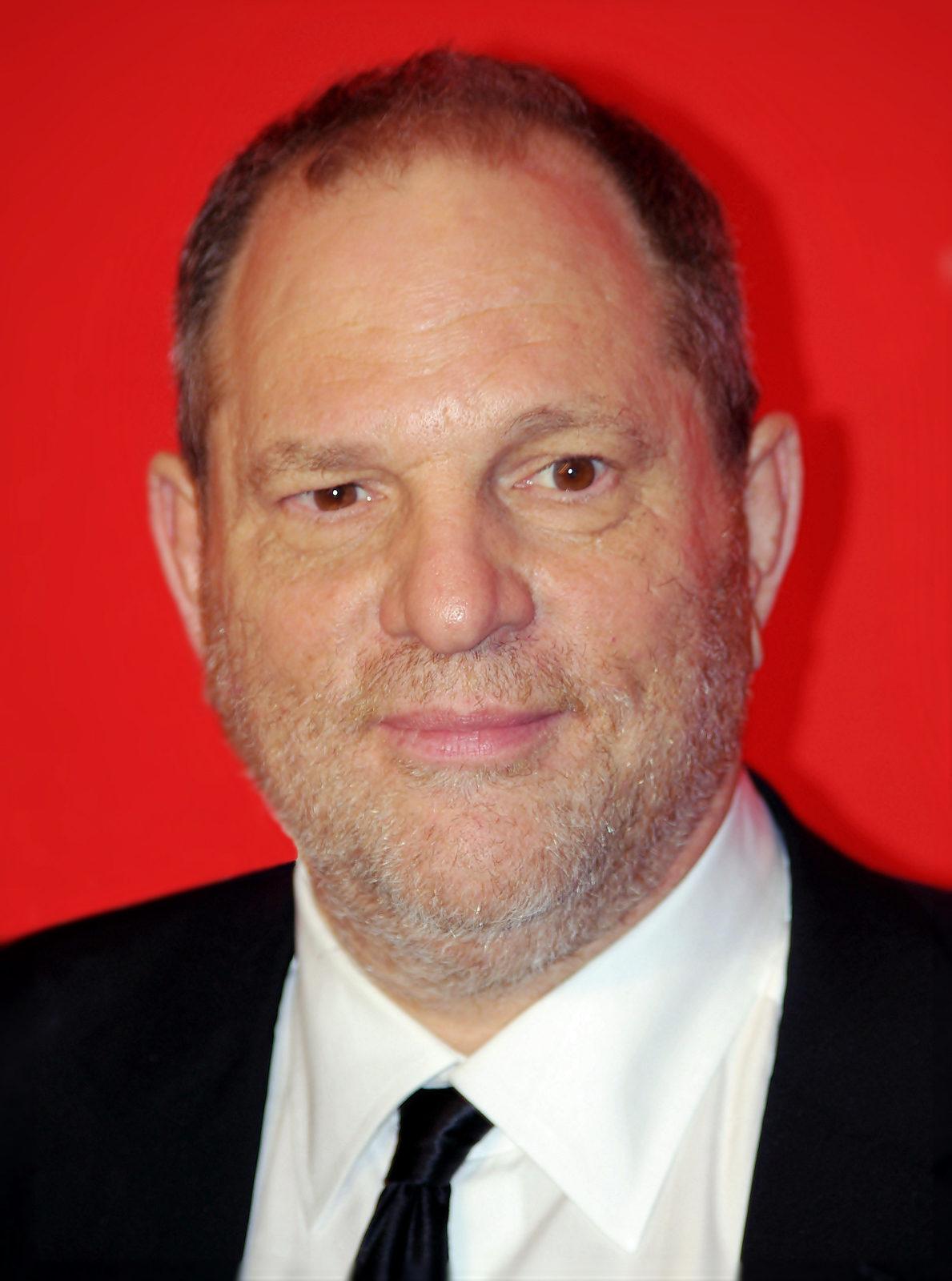Throughout the past several months, we have discovered that sexual misconduct has been coursing through the veins of our society for decades. People we had put on pedestals were brought down overnight. Story after story has broken about the abuse and harassment that has seemingly been commonplace amongst our leaders.
An article in The Boston Globe on Tuesday reported that all across Boston, film students are beginning to see discussions about sexual misconduct come up on their syllabi. Classrooms have heard lessons on everything from power imbalances in the industry to how to address unwanted sexual advances. The unmasking of this problem has weighed so heavily on our culture these past few months that professors are completely restructuring their courses mid-semester so as to address it.
And film classes are probably the right place for the conversations to be begun. Though men have been outed for their sexual misconduct in nearly every industry imaginable, we still think of this whole wave of news as being the post-Harvey Weinstein era. The name we attach to this massive movement is that of a movie magnate, and the entertainment industry still seems to be one of the worst offenders when it comes to sexual misconduct.
But the idea of educating and empowering young people entering the workforce about sexual misconduct cannot be something we limit to simply the realms that have seen the worst or most public scandals. This shift in classroom conversations should be omnipresent and ongoing.
Pre-Weinstein, the ways colleges addressed sexual assault and harassment were nothing to write home about. It might have been addressed in orientation or first year seminars, but it wasn’t something we were putting any real focus into. This is the time for that to change.
Even here at Boston University, we have seen sexual harassment allegations span from professors of climate research to musical performance. There are simply no classes that should be exempt from these discussions. The film industry might seem like it has it worse than most, but these conversations apply to absolutely everyone.
It’s not that students don’t know what sexual assault and harassment are. They don’t need to be taught what misconduct looks like. But they probably aren’t comfortable with the power structures that exist in the working world, and it could be really beneficial to address how to handle situations where people are abusing their power.
And we shouldn’t just be teaching students because they are about to be the bottom-of-the-barrel interns who might have their bosses act inappropriately. We should be teaching students because inevitably, they too will be bosses someday, and they should know from the very beginning, no matter what kind of power they amass throughout their careers, exactly what an abuse of that power would look like.
In the Globe, Paul Schneider, the chair of BU’s film and television department, said he could think of just one instance where the school pulled a student out of an internship because “something was not right.” Although other situations of this nature have probably arisen through the years, whether they were reported or not, that is beside the point. What matters is that BU could have tried to make the university look a little better by saying that this wasn’t something students here deal with at all, but that didn’t happen. Instead of perpetuating the problem by minimizing these cases of misconduct, the university was open about what had happened. That’s the way we need to be going about this, especially when it comes to education.
This conversation may have started with the movies, but it can’t stop there. It’s far too important for that.






















































































































